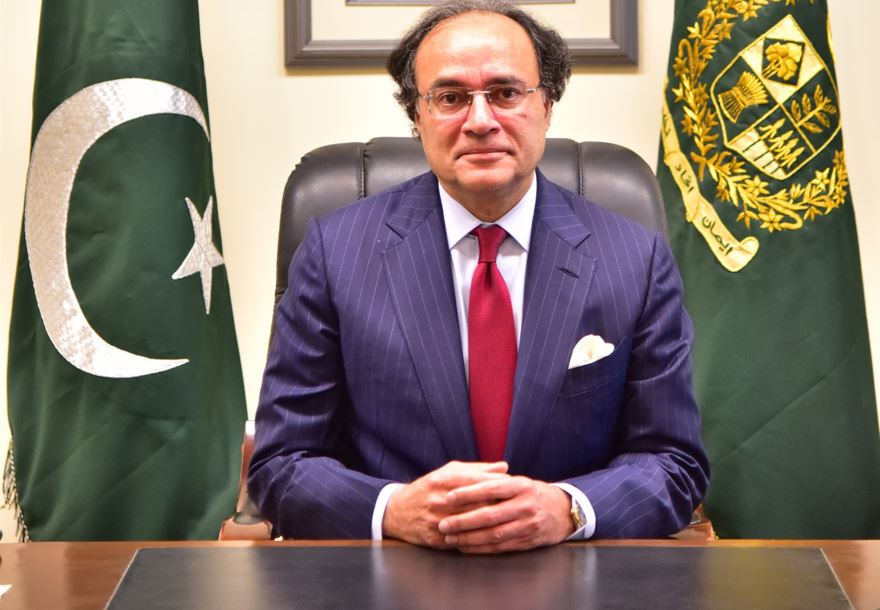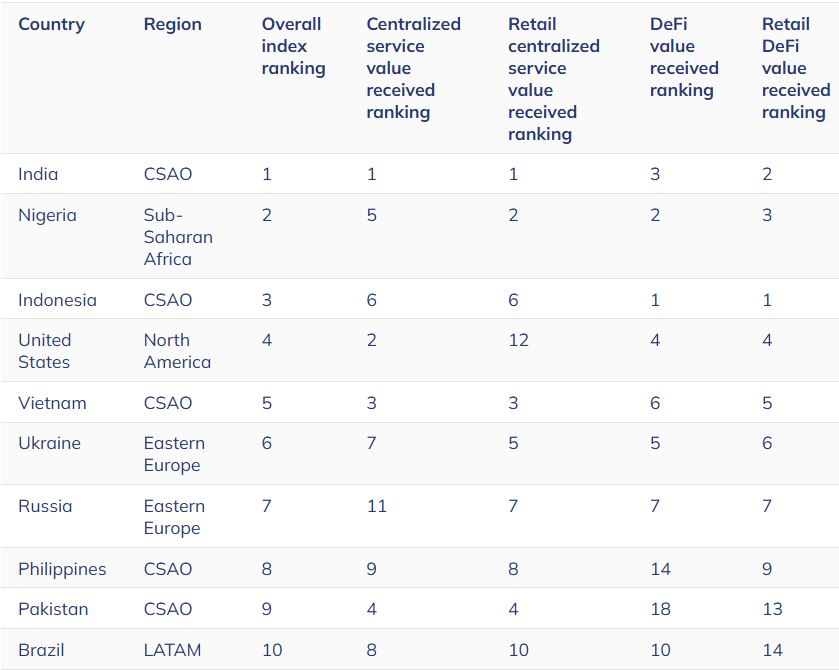Pakistan is taking a significant step towards regulating its rapidly growing cryptocurrency market with the creation of the Pakistan Digital Assets Authority (PDAA). This dedicated regulatory body, endorsed by the Ministry of Finance, aims to oversee licensing, regulate exchanges, custodians, wallets, tokenized platforms, stablecoins, and decentralized finance (DeFi) applications within the country.
Key Objectives of the PDAA
The PDAA’s mandate extends beyond simply regulating existing crypto activities. It encompasses:
- Consumer Protection: Ensuring the safety and security of individuals participating in the digital asset market.
- Attracting Investment: Creating a regulatory environment that encourages both domestic and international investment in the crypto space.
- Financial Innovation: Fostering the development and adoption of blockchain-based technologies and innovative financial solutions.
- Tokenizing National Assets and Government Debt: Exploring opportunities to leverage blockchain technology for the efficient management and monetization of public assets.
- Regulating Bitcoin Mining: Facilitating the monetization of Pakistan’s surplus electricity through regulated Bitcoin mining operations.
- Supporting Blockchain Startups: Providing a supportive ecosystem for startups building blockchain-based solutions at scale.
Federal Minister for Finance and Revenue, Muhammad Aurangzeb, emphasized Pakistan’s ambition to not just catch up with the global trend but to lead in the digital asset space. He envisions the PDAA creating a future-ready framework that balances consumer protection with the encouragement of global investment and financial innovation.

The Role of the Cryptocurrency Council
The formation of the PDAA stems from recommendations made by the Pakistan Cryptocurrency Council, established in March. This advisory body includes notable figures like former Binance CEO Changpeng Zhao, providing expert guidance on navigating the complexities of the digital asset landscape.
Bilal Bin Saqib, CEO of Pakistan’s Crypto Council, highlighted the broader implications of this initiative, stating that it’s not just about cryptocurrency but about reshaping Pakistan’s financial future through tokenization, digital finance, and Web3 innovation, ultimately expanding access and creating new export channels.
Addressing Concerns and Promoting Compliance
Previously, Pakistan’s Federal Investigation Agency proposed a regulatory framework for digital assets aimed at addressing terrorism financing, money laundering, and Know Your Customer (KYC) compliance. The PDAA will likely incorporate these concerns into its regulatory approach, ensuring a safe and compliant environment for digital asset activities.
Pakistan’s Growing Crypto Market
Despite initial skepticism and concerns about potential misuse, Pakistan’s cryptocurrency market has experienced significant growth. In 2023, a former Minister of State for Finance and Revenue expressed reservations about legalizing cryptocurrencies due to potential circumvention of Financial Action Task Force (FATF) regulations.
However, Pakistan has since demonstrated a strong embrace of digital assets, ranking ninth in Chainalysis’ 2024 crypto adoption index, driven by robust retail adoption and transactions on centralized services.

Market Projections and Revenue Estimates
According to Statista, Pakistan’s crypto market is experiencing rapid growth, with the number of crypto users projected to exceed 27 million by 2025, representing a significant portion of the country’s 247 million population. Revenue in the Pakistan crypto market is estimated to reach $1.6 billion in 2025.
Comparison with Global Markets
While Pakistan’s crypto market is growing rapidly, it’s important to note that the United States currently leads the pack in terms of revenue generation, with an estimated $9.4 billion in 2025, according to Statista data. This highlights the potential for further growth and development in Pakistan’s crypto market as regulation and adoption continue to evolve.
Conclusion
The establishment of the Pakistan Digital Assets Authority represents a pivotal moment for the country’s cryptocurrency market. By providing a clear and comprehensive regulatory framework, the PDAA aims to foster innovation, attract investment, and protect consumers, paving the way for the sustainable growth of the digital asset ecosystem in Pakistan.